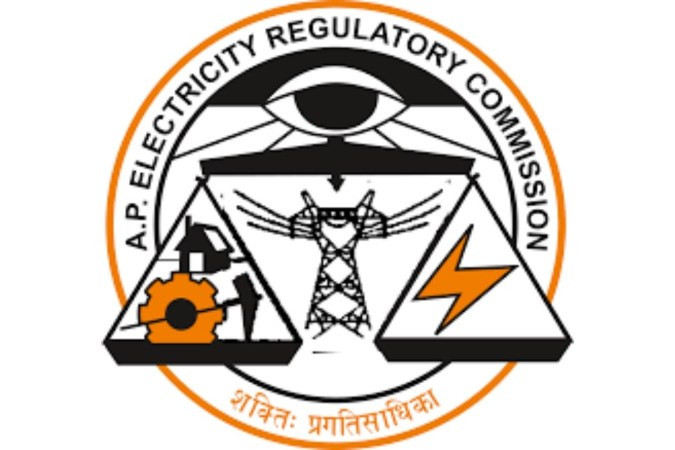
Follow India Renewable Energy News on WhatsApp for exclusive updates on clean energy news and insights
APERC Issues Comprehensive BESS Regulations 2025 to Boost Grid Reliability and Clean Energy Goals
Sept 13, 2025
The Andhra Pradesh Electricity Regulatory Commission (APERC) has notified the Battery Energy Storage Systems (BESS) Regulations, 2025, offering a clear framework for the development, ownership, and operation of energy storage in the state. The move supports the Integrated Clean Energy Policy, 2024, which targets the addition of 25 GWh of BESS capacity by 2029.
The regulations cover distribution and transmission licensees, generating companies, renewable developers, IPPs, storage service providers, and aggregators. They permit deployment through multiple models, including co-located storage with renewable/conventional plants, grid-connected standalone systems, behind-the-meter (BTM) installations, and embedded storage in transmission/distribution networks. Importantly, the framework encourages innovative applications, such as BESS integrated with EV charging, battery swapping, and vehicle-to-grid (V2G) services.
Projects must have a minimum size of 1 MW with two hours of storage, though smaller rooftop solar-linked systems are allowed at the distribution transformer level. Procurement by DISCOMs and transmission utilities must follow tariff-based competitive bidding, while cost recovery for utility-owned BESS will be allowed through regulated mechanisms. Stored renewable energy will retain its green attributes, enabling RPO compliance.
BESS will play a crucial role in providing ancillary services like frequency regulation, spinning reserves, voltage support, and black start capability. DISCOMs must identify high rooftop solar penetration areas for storage deployment, maintain a BESS database, and publish registered aggregators. APTRANSCO will finalize transmission-level sites, while APSLDC, the nodal agency, will handle scheduling, despatch, and ancillary market participation.
Consumers and prosumers can install BESS for self-use and market participation, with compliance to technical standards. Overall, the regulations are expected to strengthen grid stability, optimize renewable integration, and accelerate Andhra Pradesh’s clean energy transition.